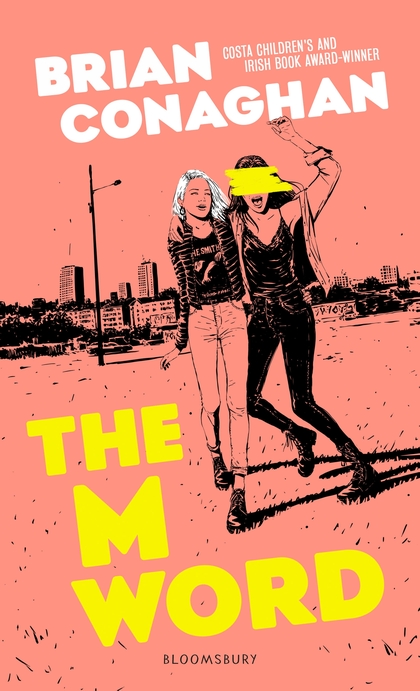By Brian Conaghan
Published by Bloomsbury
Narrator Maggie Yates has an enormous despairing hole in her life and ricochets from the bleak present – depressed jobless mother, anger, despair, incomprehension – to the happier past in which she and her best friend Moya were rebels in harmony. The chapters alternate.
As you’d expect from Conaghan, it’s sensitive, gut-wrenching and compelling. It is obvious to the reader early in this quite long novel that Moya is dead, but we also understand that Maggie is, for hundreds of pages, unable discuss or reveal what actually happened. She is devastated by guilt with her guarded references to “that day”. Sometimes she talks – a bit – to her rather irritating but kindly counsellor, but she says little. In a sense the entire novel is like an extended, gradual speech to the reader as counsellor because we know in the end that writing it down has, somehow, eased her grief so that she can move on. She is, ultimately, stronger than Moya.
Conaghan’s novel is immaculately observed and very timely. Teenage suicide is a dreadful thing and it has never been so prevalent. The son of a good friend of mine hanged himself last year, aged 15. There are no words to discuss or describe the horror at the anguish faced by the “victim” and the howling despair of those who are left behind.
The book also nods towards the widespread misuse of social media and the agony it can cause. Somehow we have to find a way of enabling decent people to make good use of such facilities while stopping the trolls and abusers – quickly.



